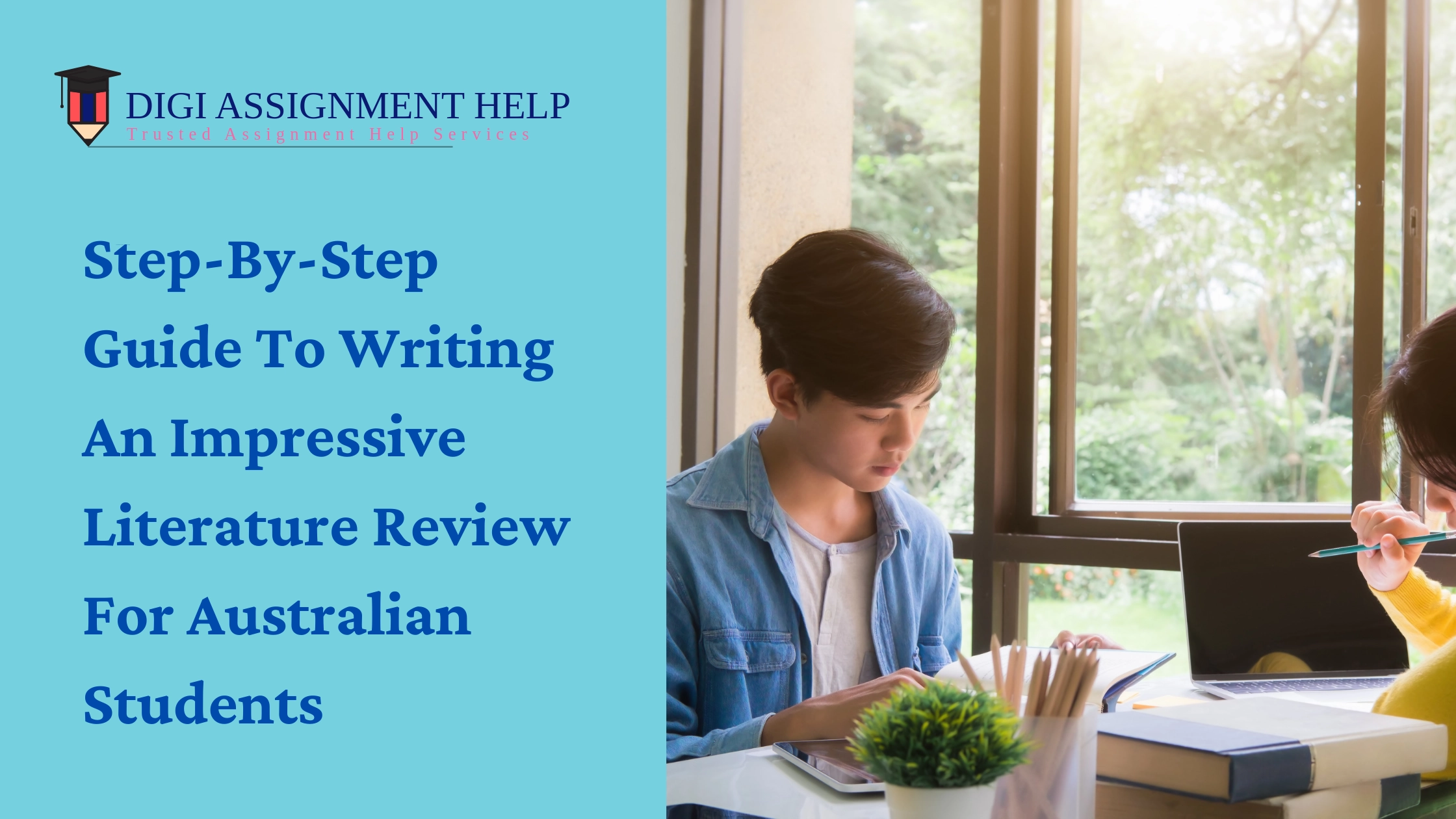Time Management And Study Techniques To Reduce Stress.
 25-Jun-2024 09:40 AM
25-Jun-2024 09:40 AM

Time management is a crucial skill for college students. It has a direct impact on their performance. The better you manage your time the more you will be able to study and enjoy your college life. Now students often face time constraints in their university. They are strangled between the many assignments and deadlines. The syllabus is also vast and hard to cover.
These issues can be effectively resolved by adopting effective time management techniques. This blog talks about various strategies that can be helpful to college students. You can learn and implement them in your daily schedule. Read more to elevate your studies and alleviate stress.
Understanding The Importance Of Time Management
Time management is the technique to divide time for each activity. It includes giving enough time for each task ensuring they are completed effectively. It helps students to cover their syllabus on time.
It enables more study in less periods. Students can boost their performance and reduce their stress using this technique. Not only this, its importance lies in the long term. Read below to understand:
-
Improved Efficiency: Students can divide and prioritise their task list. Then they can divide and allocate time for each task. This helps you to complete the important task first and prevents delayed submissions.
-
Enhanced productivity: students can get more done in less time. Effective time management had a direct impact on productivity. It keeps you more focused and brings better results. You can allot periods of study and other activities. It allows you to have a fulfilling university experience.
-
Reduced stress: it’s understandable to get overwhelmed by academic pressure. The pressure to do well often leads to high stress. By effectively managing your time you can stick with your classes. This will ease the workload and eventually your stress.
Time Management Techniques
Here are some useful techniques to make your days easier!
-
Create a study schedule: Planning your classes helps you stay on track. An effective schedule ensures you waste no time cramming. Here is how you can make a good schedule:
-
Identify priorities: list all the tasks/topics you have to study. It could be in the given semester or for a subject. Then arrange them in order of what’s most important.
-
Allocate time slots: devote appropriate time for each task. Plan breaks in between to avoid burnout.
-
Be realistic: don’t overdo your schedule. Set achievable tasks in the given time slots. This will avoid frustration and increase performance.
Use Tools And Apps
There are a plethora of tools to help you keep track. You can use calendars and planners for smooth planning. There are many apps that help you to keep track of your assignments and their deadlines. Some of the popular apps are Google Calendar and Trello. You can also follow up with a to-do list. It helps you get day-to-day tasks done.
Set Smart Goals
SMART goals meet the following points:
-
Specific,
-
Measurable,
-
Achievable,
-
Relevant and time-bound.
This goal-setting leads to higher results. It keeps students motivated and helps them to work in the right direction. For example- Rohan used to set goals like “I will study today”. After learning about SMART goal setting, he now sets his goals like “ I will study biology for one hour every day at 5 pm”.
This helped him to cover the syllabus consistently and ultimately he scored better.
Avoid Procrastination
Delaying tasks for later is a major barrier. It increases the workload and makes studying tough. Students should focus on ticking all goals. Here is how you can achieve it:
-
Breaking down the task: Learning a whole chapter can seem daunting at once. To make it more manageable you can divide it into topics. This enhances the learning process and makes it more manageable.
-
Pomodoro Technique: Students can also use this popular technique. The technique involves 25 minutes of dedicated work followed by a 5-minute break. Then the cycle begins again. It helps to prevent fatigue. Students can also boost their concentration with this technique.
-
Eliminating Distractions:Limit the use of gadgets while working. Create a study environment that is free from social media and noise. It helps to retain the information.
Effective Study Techniques
There are many Scientific proven techniques you can use to boost your learning. They are:
1. Active Learning:
Active learning means engaging more with the material. It includes a conversation about the topics with others. Students can also practise, and teach others. This method improves understanding and retention. Techniques include:
-
Summarization: Once you have gone through the chapters, make a summary. The summary contains the explanation in your own words. This way you can memorise the main points easily.
-
Self-Explanation: You can Explain the learned information to yourself or others. It helps to discover the loopholes and improve understanding.
-
Practice Testing: You can also Test your knowledge on a regular basis. You can go for flashcards or practice quizzes to learn your understanding.
2. Spaced Repetition.
Spaced repetition is a learning approach that involves frequent revisions. The revisions occur at regular periods. This approach promotes knowledge retention in the long term. There are many tools available. Students can go for Anki and Quizlet.
3. Mind-Mapping
Mind mapping is a visual tool for organizing information. It involves creating diagrams to represent concepts. They help to deliver more meaning and define their relationships. This method is especially beneficial for issues that demand specific knowledge.
Note-taking Strategies
Effective note-taking is an important element of learning. It helps with remembering information. Some of the Different tactics include:
-
The Cornell Method: this method divides a page into three pieces. They go as notes, cues, and summaries. The division helps to organize notes systematically.
-
Mind Maps: This is a visual method to organise information. It helps to connect ideas.
-
Outlining: You can make a systematic outline of the material. It includes headings and subheadings.
Balancing Study And Personal Life
To keep your study routine consistent, there should be a schedule. Students should find a healthy balance between academic and personal life. This also helps with stress management. Here are a few strategies:
-
Set boundaries : Set clear limits between study and personal time. This helps to minimise burnout. It allows time to provide time for leisure and social activities.
-
Engage in physical activity : Regular exercise can significantly reduce stress. Walking, running, and playing sports are some good options. These can provide essential relief from academic work and help to improve performance.
-
Practice mindfulness and relaxation techniques : Meditation and deep breathing exercises are examples of mindfulness activities. They are proven to aid with stress management. These strategies encourage relaxation and mental clarity. It makes it simpler to concentrate on tasks.
-
Get Adequate Sleep : Adequate sleep is critical to cognitive function and overall wellness. Students should strive for 7-9 hours of sleep per night. This ensures that they are well-rested and prepared to face their academic duties.
Seeking Support
Kids should seek support when they feel the need. This may include:
-
Academic advisors: They can offer advice on course selection, time management, and study practices.
-
Tutors: Tutors are known to provide personalised help with difficult courses.
-
Counselling Services: Many schools provide counselling services. These are designed to help students deal with stress and mental health difficulties.
Conclusion
Effective time management helps to build good study routines. They are critical for stress reduction and academic performance. Students can increase their productivity by making a study timetable. They can use tools, and set SMART goals.
Balancing study and personal life will bring more effective results. Students can also seek support from Academic advisers and counselling programs. By applying these tactics, Australian students can have academic ease.
Digi Assignment Help is a renowned academic platform that resolves all your academic doubts. Our team is known for their time management skills and relevant experience.
They have a profound background and are known for their top-notch skills. Our experts are here to help you write crisp assignments on time!














.webp)
.webp)












 +44 74 8881 8568
+44 74 8881 8568